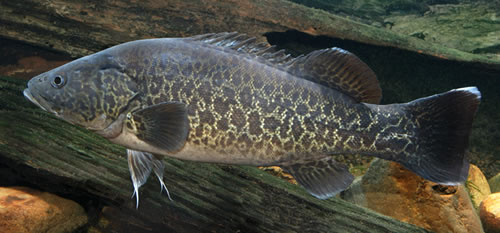|
|
WetlandUpdate December 2017Walking the landscape—catchment storiesTo effectively manage a catchment it is important to have a collective understanding of how the catchment works. Catchment stories use map journals, integrated spatial information, photographs, animations and an informative narrative to demonstrate the features of catchments. These stories describe the location, extent and values of the Maroochy and Mooloolah, Mary and Baffle catchments. The stories demonstrate the key features which influence water flow, including geology, topography, rainfall and run-off, natural features, human modifications and land uses. The information was compiled using the walking the landscape process, where experts systematically worked through a catchment in a facilitated workshop, incorporating diverse knowledge of the landscape, to develop catchment stories. Migratory shorebirds research case studyResearch Case Study: Recovering Australia’s migratory shorebirds Updates, improvements and links
WetlandUpdateThe WetlandUpdate is a regular bulletin sent to subscribers to provide them with the latest WetlandInfo resources and tools, as well as case studies, video information and new project fact sheets. View all of the previous WetlandUpdates WetlandInfo feedback and improvementsContact us via email for feedback, information or questions about wetlands. WetlandInfo feature animalOur December feature animal is Maccullochella peelii mariensis, also known as the Mary River cod. They are found in the Mary River system, and prefer slow flowing waters with snags and log-piles. The Mary River cod is listed as Endangered under the Environmental Protection and Biodiversity Conservation Act 1999. Threats to the Mary River cod include barriers to stream connectivity and removal of riparian vegetation. Find out more about the Mary River cod. Last updated: 20 December 2017 This page should be cited as: Department of Environment, Science and Innovation, Queensland (2017) WetlandUpdate December 2017, WetlandInfo website, accessed 8 May 2025. Available at: https://wetlandinfo.des.qld.gov.au/wetlands/resources/publications/latest-news/2017-12-20.html |

 — Department of the Environment, Tourism, Science and Innovation
— Department of the Environment, Tourism, Science and Innovation


